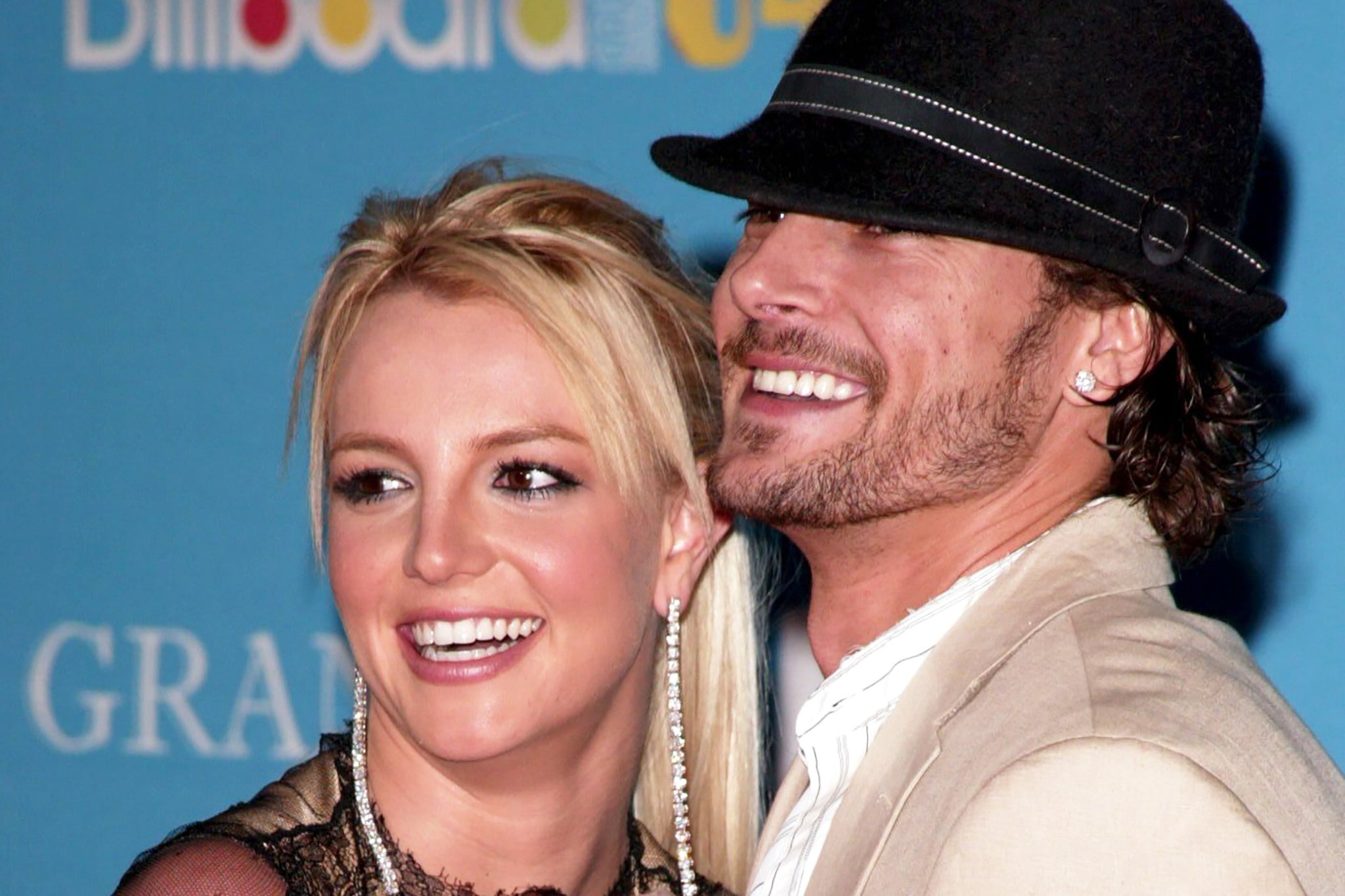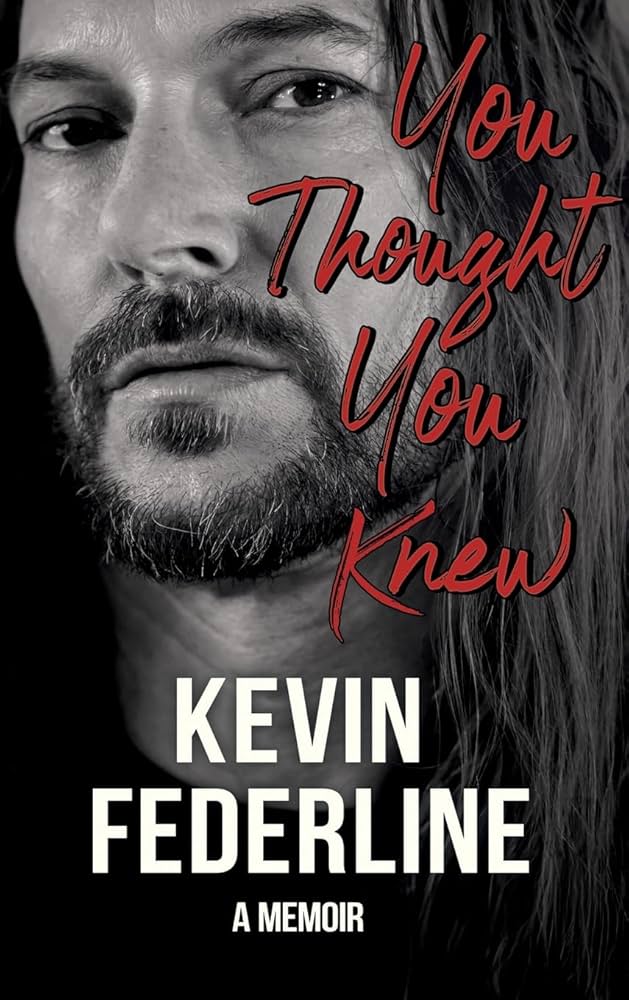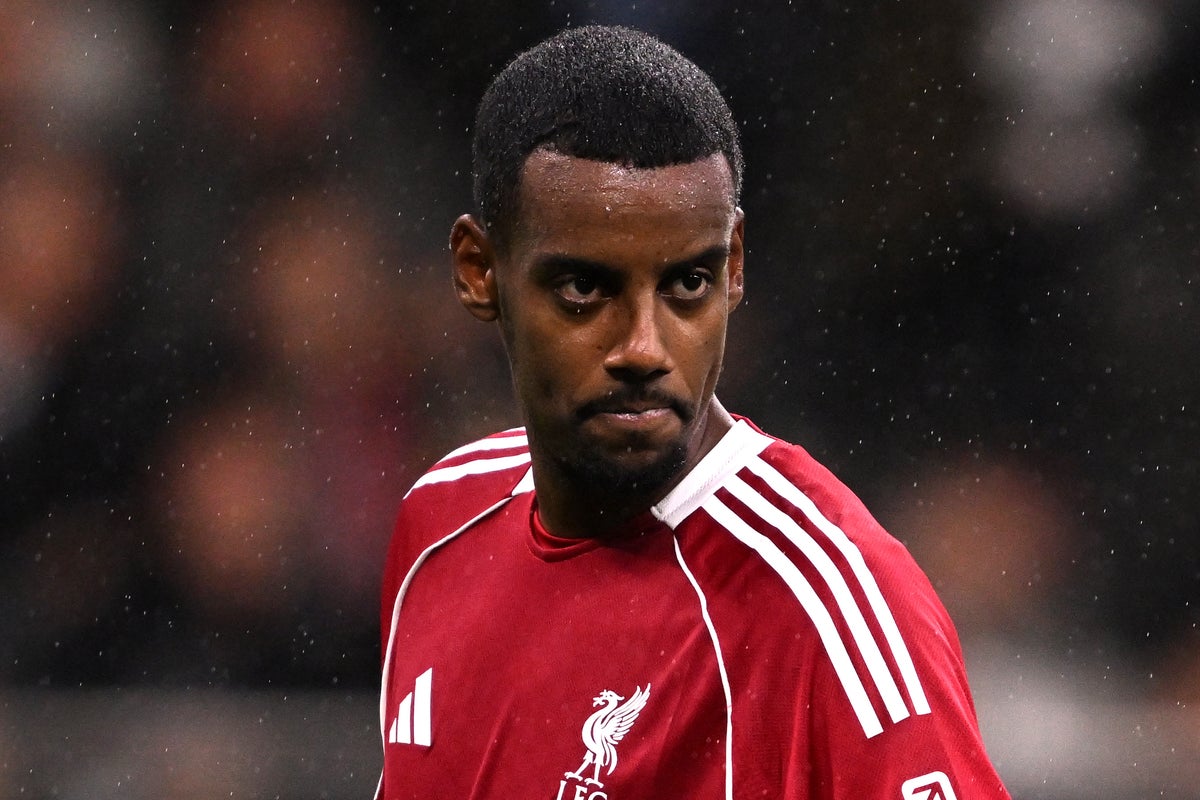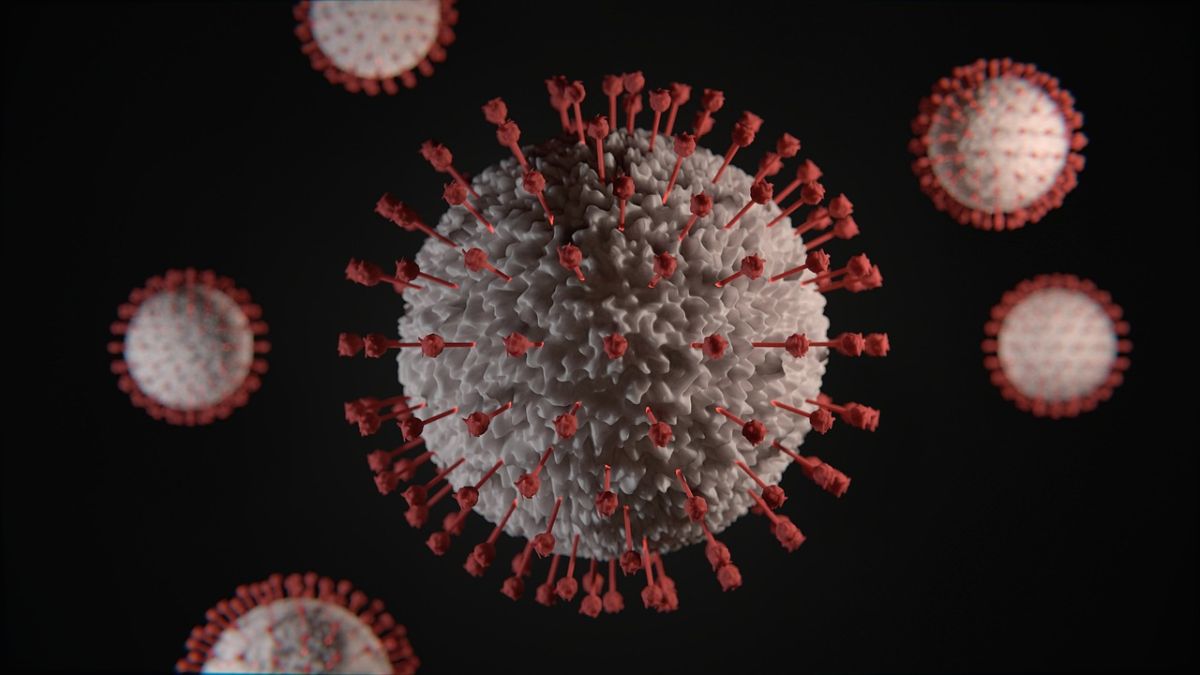I don’t remember much from my time in secondary school, but I do remember the exact moment I told someone that Britney Spears would soon be dead. It was 2008, shortly after Spears had been carried out of her home on a stretcher and taken to a psychiatric hospital, and the words tumbled out of my mouth so quickly that I remember being jolted by them. I think I believed it. Or maybe I just wanted to show off – not my absolutely non-existent precognitive powers but the fact that actually, fellow classmates, only I truly understood the gravity of what was happening. We’d all witnessed Spears transition from pop cultural zygote in a schoolgirl’s outfit to sexy MTV temptress to angry, fragile shambles beset by paparazzi flashbulbs and judgment. And now, I insisted, there was a single, dire outcome on the cards.
I thought about this ultimately incorrect claim while reading You Thought You Knew, the new tell-all by Spears’s ex-husband Kevin Federline, the father of her two children and America’s least favourite white boy in a durag circa 2005. After 200 pages of ruminations on his former marriage and his aborted rap career, Federline closes his book with a premonition of doom similar to that which I made as a teenager almost a decade ago. One just as empty and as unhelpful to Spears herself as mine had been. “It’s become impossible to pretend everything’s okay,” Federline writes. “From where I sit, the clock is ticking, and we’re getting close to the 11th hour. Something bad is going to happen if things don’t change.”
The biggest problem with You Thought You Knew is that it never properly articulates what it is that needs to change. Federline paints Spears as an unpredictable and frequently volatile individual, whose mood swings and erratic behaviour have traumatised her two sons, now aged 19 and 20, and derailed both her pop career and her personal life. He alleges historic drug use and boozing, and nods to the severe dysfunction of the wider Spears clan, which he implies would have greatly impacted her life even if she hadn’t become one of the most famous women on the planet. He claims that Spears’s current use of Instagram – where she posts near-daily videos of herself dancing in her home or in restaurant bathrooms or in the hallways of Mexican hotels, all of which are occasionally buffeted by captions of varying legibility – is a sign of both an unstable person and a drug user. But whether or not he is prevented from doing so legally, Federline doesn’t prod further on the page, or ask why Spears is the way she is. You Thought You Knew, then, is a deeply conservative book: Federline frames the chaos apparently surrounding Spears as a situation entirely of her own making, even while all his vivid description of that chaos heavily suggests the opposite.

Federline is a tedious storyteller, with a limited vocabulary and a strikingly vapid perspective on the world. If becoming a professional back-up dancer and then marrying Spears isn’t “surreal” (a word repeated eight times throughout the book), it is a “whirlwind” (repeated 11 times). He is undoubtedly a loving, committed and responsible dad – but so is mine, and I don’t see him writing a book about himself. In fact, Federline’s life is so uneventful outside of Spears that his birth, childhood and teenage years are condensed into a single chapter shoved into the middle of the book. Passages not about Spears are almost hilarious in their banality. “Pink had arranged a full-day horseback safari for us,” he writes. “We saw black cockatoos (which I didn’t even know existed), huge monitor lizards, koalas, kangaroos, and more … It was one of the most incredible experiences of my life.” Readers with wind beneath their ears may find Federline’s insights compelling (“The truth is, fame is a double-edged sword”; “Something shifted in Britney’s demeanour the moment the paparazzi showed up … She was more anxious”), but everyone else will be baffled.
I wouldn’t say Spears comes off badly in the book, if only because the behaviour Federline alleges seems so rooted in a toxic cocktail of stardom, paranoia, new money and mental illness. Spears has never confirmed nor denied that she lives with mental illness, and has denied ever being addicted to drugs or alcohol (she did write in her own memoir, 2023’s The Woman in Me, that she at one point became reliant on the ADHD medication Adderall to cope with depression). She has, though, written repeatedly on Instagram of experiencing long-term trauma as a result of her family and the conservatorship she was placed under for 13 years, which – until late 2021 – gave her father Jamie total legal power over her finances, her relationships, and her day-to-day workload. She has alleged being forcibly placed into a psychiatric facility and drugged with lithium. Just this week, amid Instagram posts decrying Federline’s book as filled with “white lies”, she wrote that she feels as if “my wings were taken away and brain damage happened to me”.
Discussion about Spears’s mental health is largely forbidden within official Britney fan circles. Popular fan forums and Britney-themed sub-Reddits frequently ban users who express even well-intentioned concern for her present-day wellbeing. I fear it’s a little misguided – Spears often seems entirely alone in her cavernous mansion, angry and estranged from her family and at least one of her sons, and lacking in many real friends, or much of a team. It’s OK to worry about and talk about worrying about Spears, whose life seems so incredibly hard. But I also understand the impulse to shut down such discourse: the language of voyeuristic celebrity tabloid coverage has evolved in sneaky and quite evil ways since 2007, with pointing-and-laughing replaced by insipid faux-compassion. “Britney Spears sparks concern with off-key rendition of Prince song in bizarre video from dishevelled mansion,” went a Daily Mail headline in August.

Federline takes a similar approach, couching sleazy, Perez Hilton-era tattle-telling in sympathetic tones. You Thought You Knew wallows in the gory details of Spears’s apparent dysfunction while vaguely imploring someone to do… something!? He comes across like a street preacher handing out blank pamphlets. The final chapters are borderline incomprehensible. In the space of a few paragraphs, Federline alternates between blaming “narcissistic” Spears for her own behaviour, sadly declaring that she has “nobody there that truly cares for her”, attacking fans for supporting the movement to get Spears out of her conservatorship, lightly suggesting that Spears should be placed under another conservatorship, and then ultimately asking fans to “stand by our sons and their mother – now, more than ever, they need your support”.
It is meaningless, reductive guff. I have no idea what Federline hopes to achieve with it. Other than securing an opportunity to proudly stand atop possible tragedy and, like a pimply teenager in a secondary school drama class, boast that he told you so.
‘You Thought You Knew’ is out now, via Listenin




)